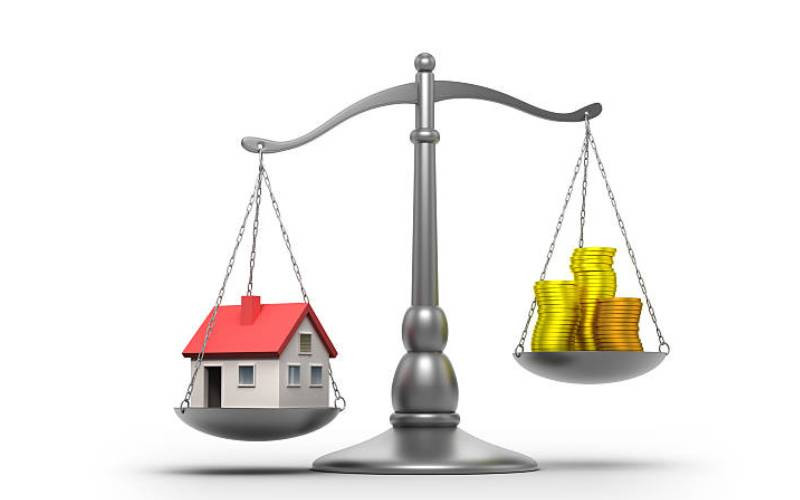
Whenever discussions on driving the green agenda in real estate are held, pricing has always been featured as the main point.
With the country's shortage of 200,000 units annually, for any developer, the price has to matter when starting a housing project. However, going green comes at a cost; and this cost might drive away prospective buyers.
Managing Partner at Belco Properties Vijay Patel, the firm behind the Kongowea Village project in Mombasa weighs in noting that cost was one of the reasons why the firm did not seek the International Finance Corporation (IFC) Edge Advanced Certification.
“When we started this project, we had an ambition that we are an IFC Edge Advanced Certification,” said Mr Patel who explained that IFC has three certifications: Edge, Edge Advanced and Zero Carbon.
“Zero carbon, we decided it was not possible for affordable housing in our context. Edge advanced is something that we are currently on track to achieve,” he added.
These certifications issued by the IFC, a global investment, show the extent to which the development has gone green.
Mr Patel, who was part of a conversation on how developers can adopt sustainability in their practice, pointed out the challenges that some have to go through to balance the equation between price and environment.
For example, the variation costs between a normal tube light and an LED one which is energy efficient but costs more.
The cost of a one-litre filament heated tank, he said is Sh20,000 while the cost of the smallest heat pump, which is more effective goes for Sh60,000.
A developer then looks at how all of these add up and how they can apply to the project.
“When you add this sum over 20 or 30 years, it is more viable. However, when you are building today, it is more expensive. What we try to do, is the developer builds it today, the consumer profits from low consumption and the society and environment benefits,” said Mr Patel at a panel discussion during the Affordable Housing Conference held by the Kenya Mortgage Refinance Company (KMRC) at the end last year.
Mr Patel said this equation has been balanced by KMRC’s single-digit mortgage loans.
“You are financing the buyer to purchase this at purchase fixed rate of nine per cent mortgage which helps one to own back that capital investment faster,” he said.
KMRC Head of Risk and Sustainability Flora Muthaura, noted that the construction sector is a significant contributor to the world warming up by being one of the largest consumers of natural resources and energy since it uses 30 per cent to 40 per cent of all energy and natural resources over the building lifespan.
“This is from construction, operation, maintenance and demolition. And is estimated to account for up to 30 per cent of the global greenhouse as emissions,” she said.
Part of the discussion was then to provide insights on how developers could design their projects better through innovation to reconcile the pressing need for affordable housing with the imperative to embrace sustainable practices.
GulfCap Real Estate Chief Executive Chris Ochieng said his firm has approached this through the simple things one can put into development to ensure that people have a liveable environment.
In Mombasa, where the firm is responsible for the Buxton project, it incorporated cultural appropriation.
"You have to look at the architecture of the region. We look at simple things like floor-to-ceiling heights. Mombasa is very hot you want to ensure natural lighting and ventilation so that you save on power costs," he said.
Other aspects include courtyard designs, non-motorised transport looking at how to connect public transport to the development and ensure people use fewer cars and walk more; water harvesting, solar occupancy sensors, and smart technology on energy monitoring among others.
"There is a misconception that green has to be very expensive. We do not build swimming pools or courtyards. We build academies for children to be taught to be professionals and charge it within service charge," said Mr Ochieng.
Other amenities include religious centres for Madrassa and Bible study. "We look at it from a lifestyle perspective rather than a housing perspective," he said.
Mr Ochieng said by promoting and prioritising sustainable practices in the sector, developers cannot only contribute to environmental conservation but also enhance the market value and long-term viability
"At the end of the day, you are giving someone a title or a 99-year lease, and you do not want their property to be devalued," he said.